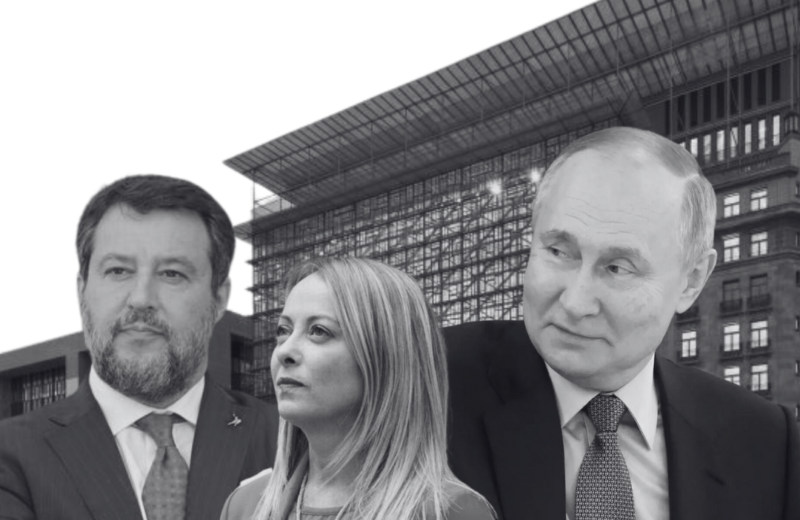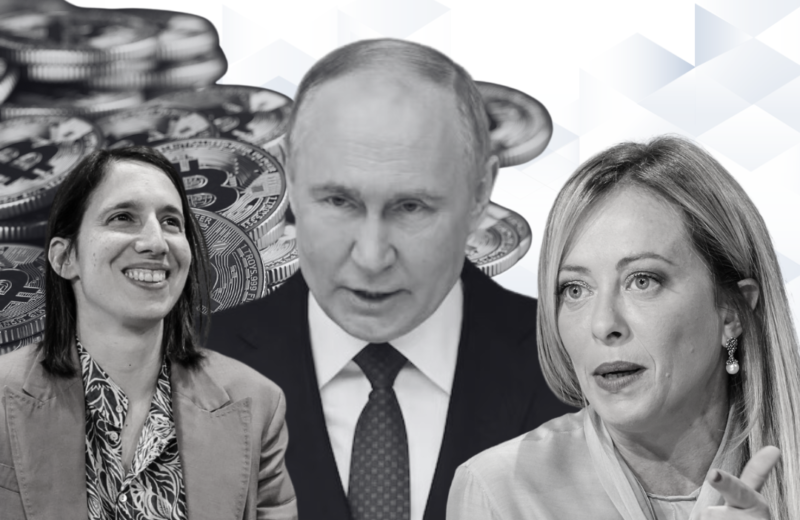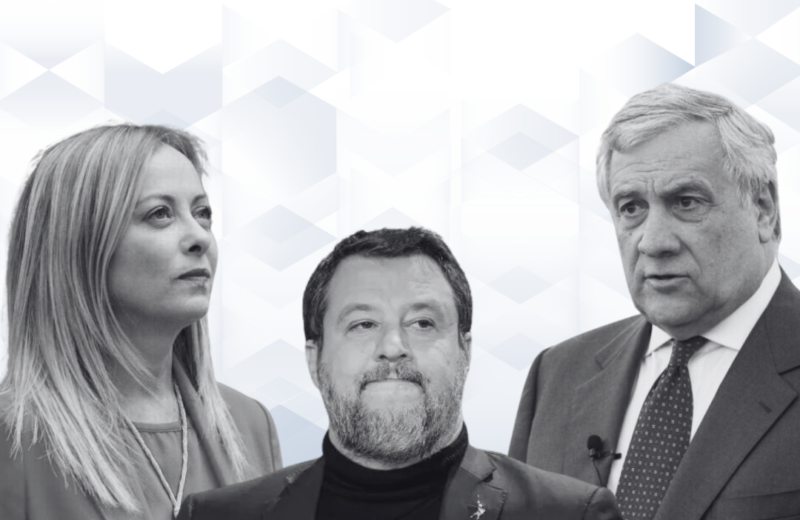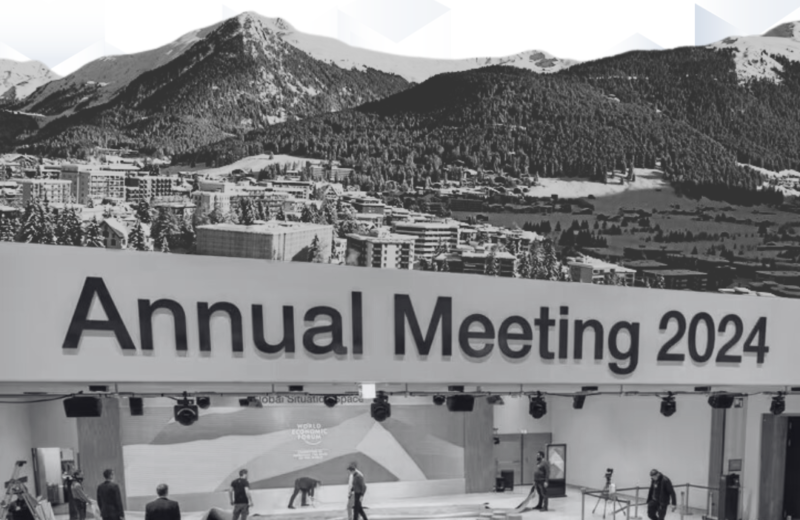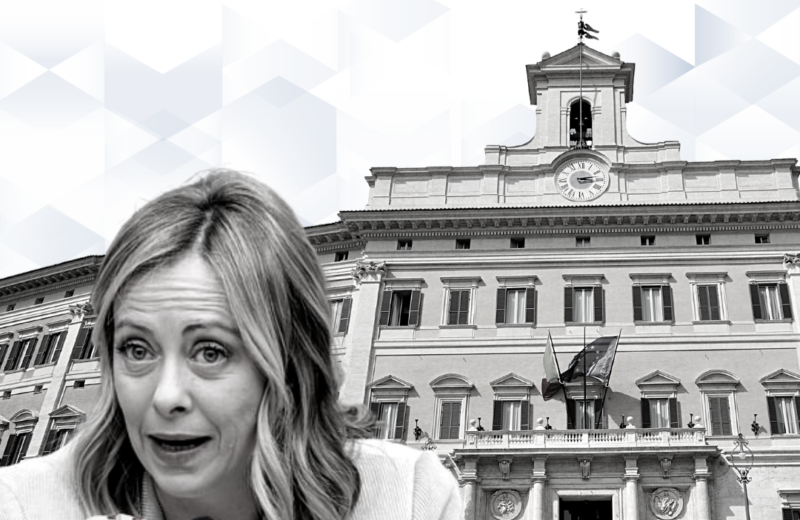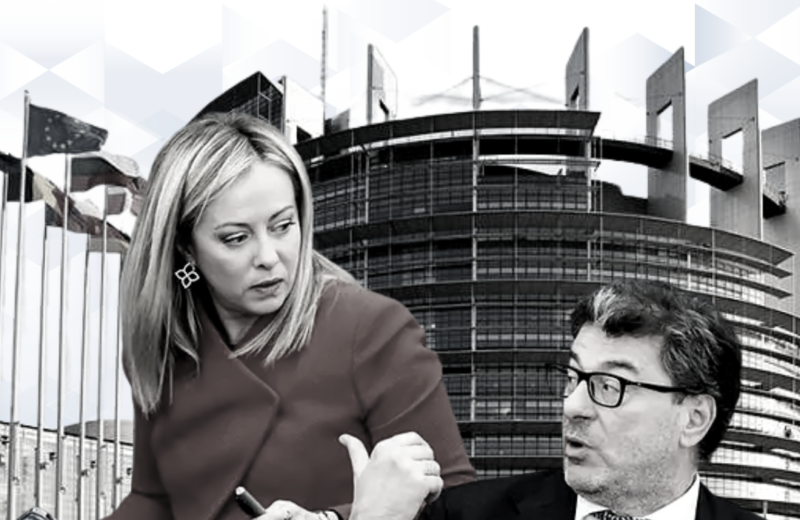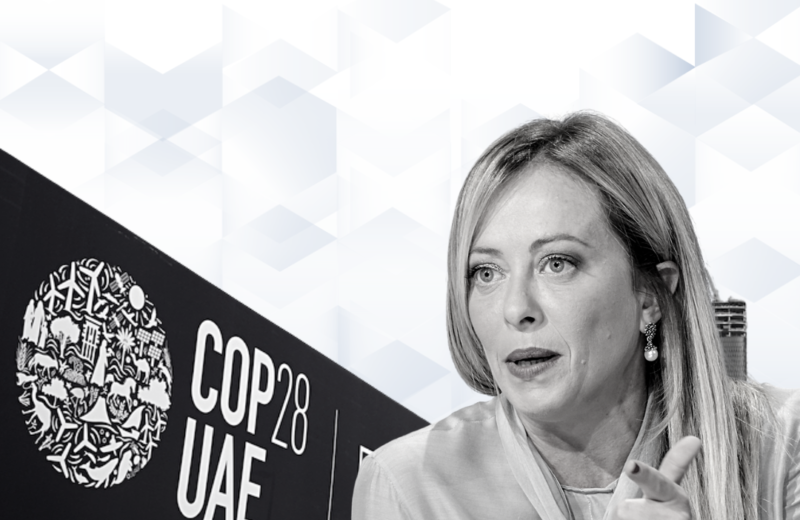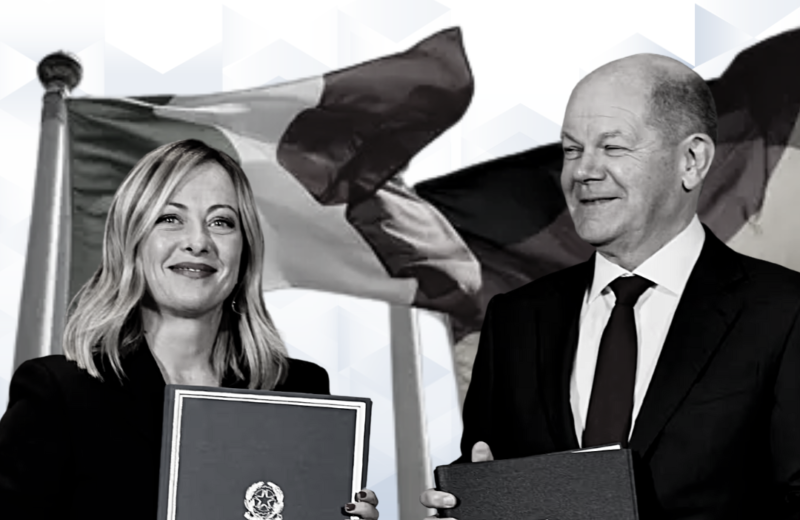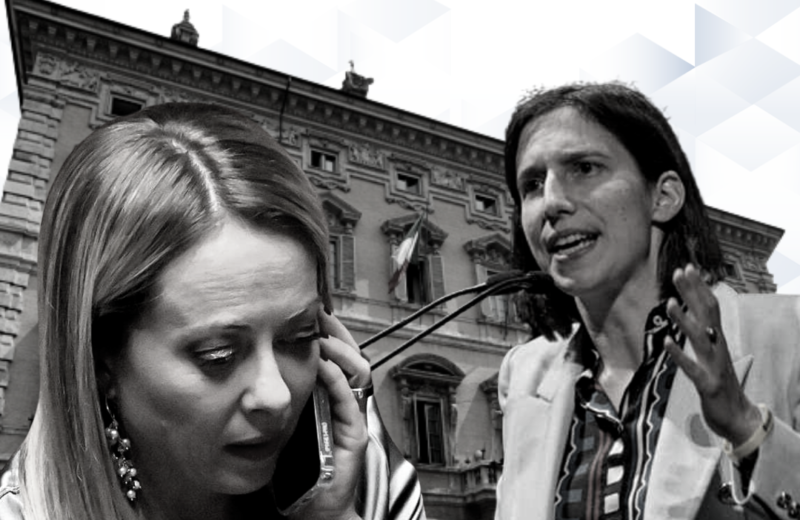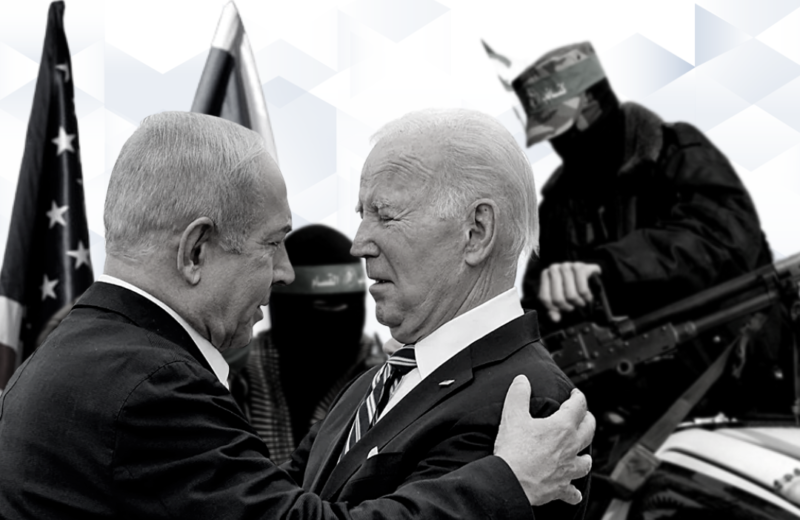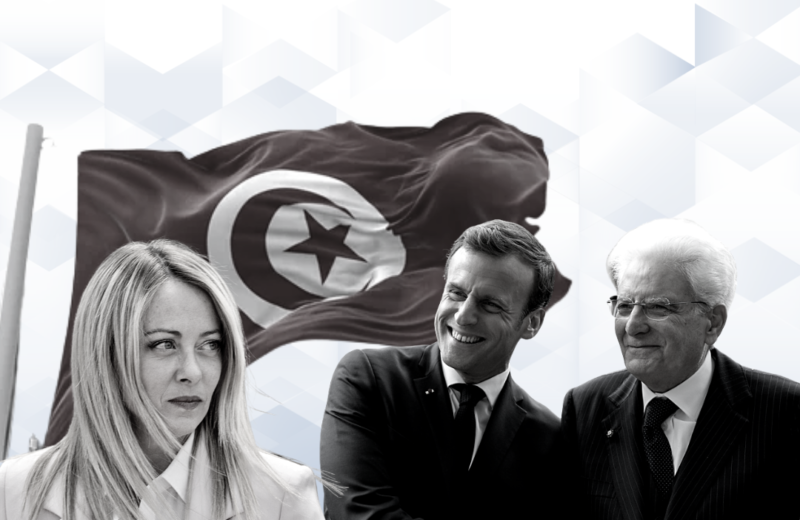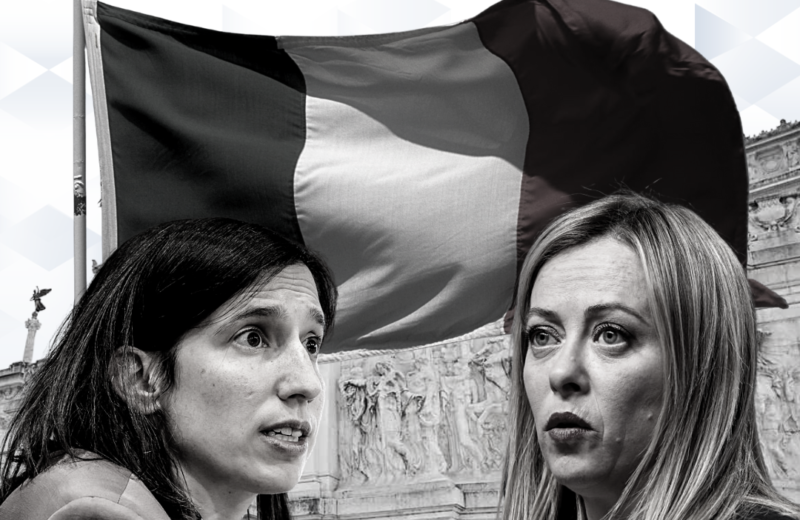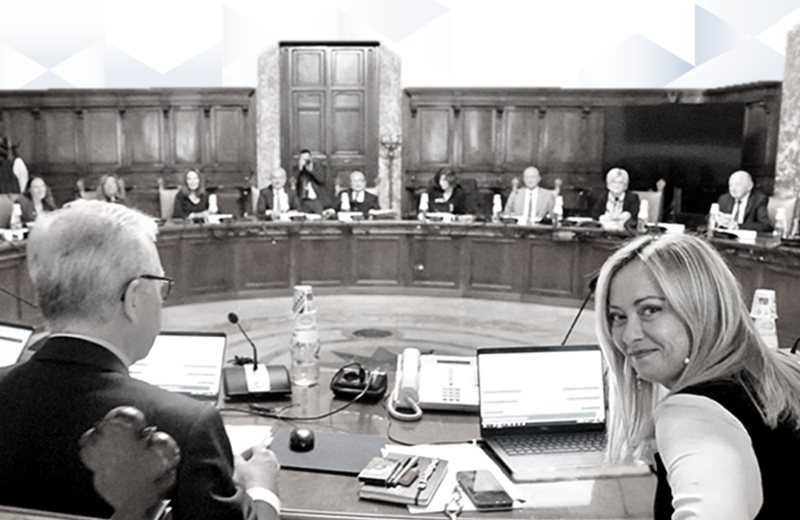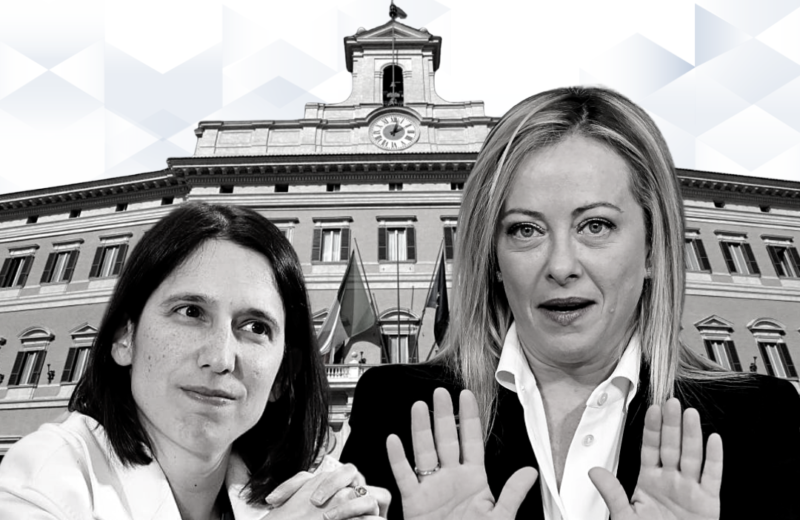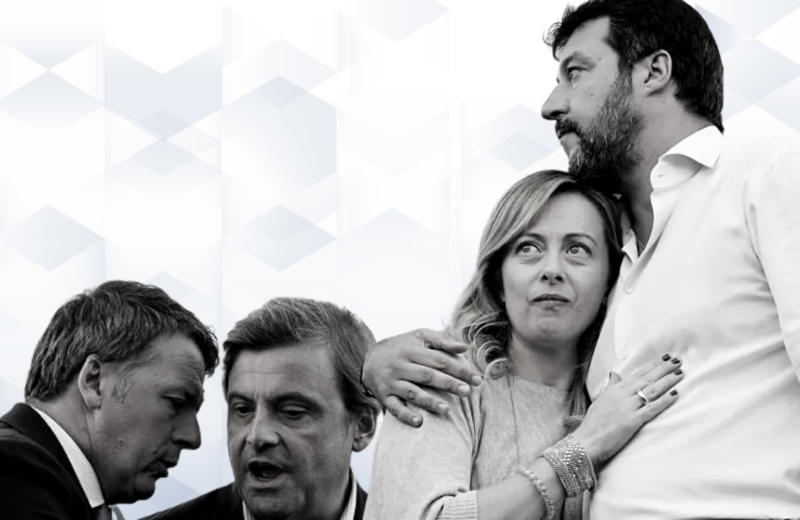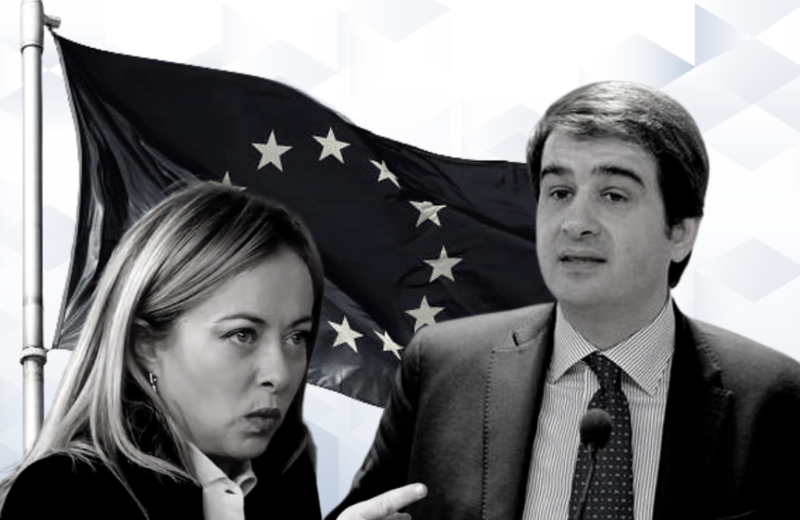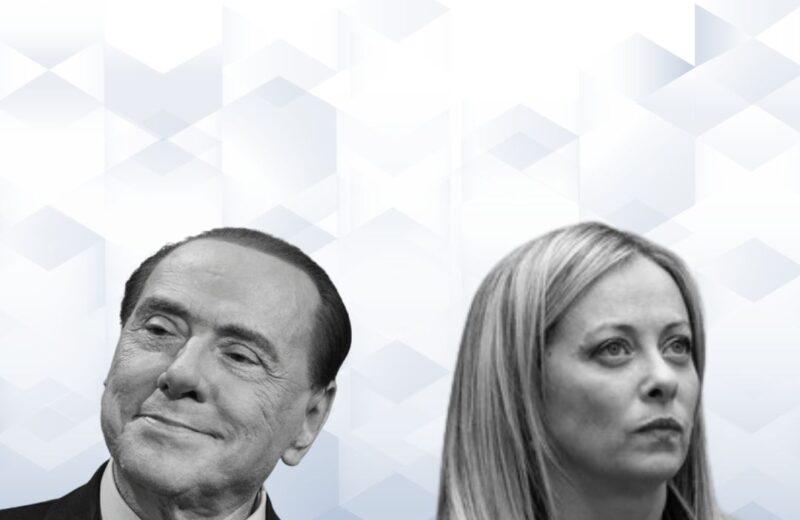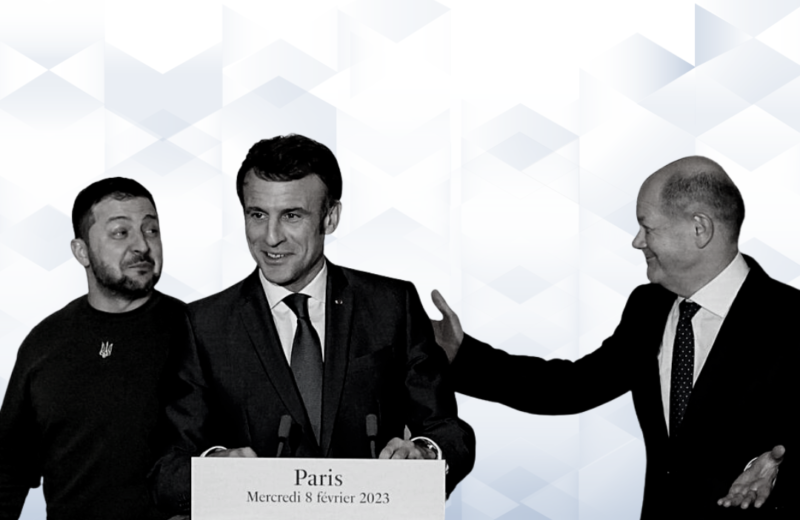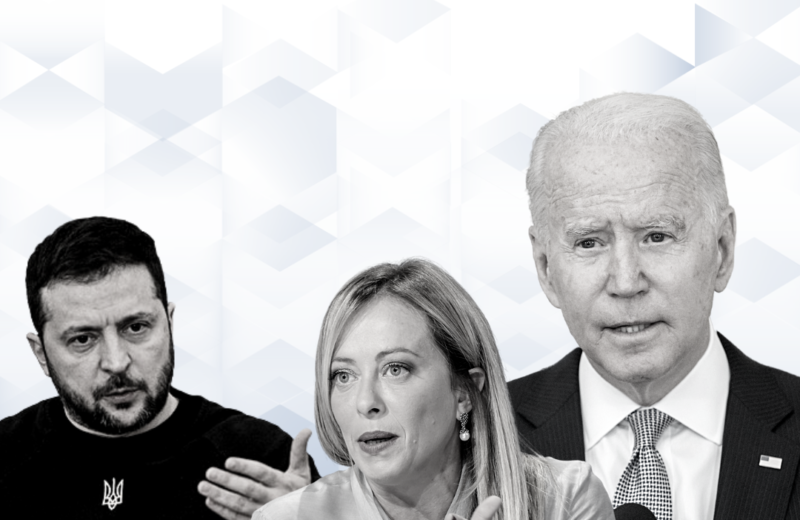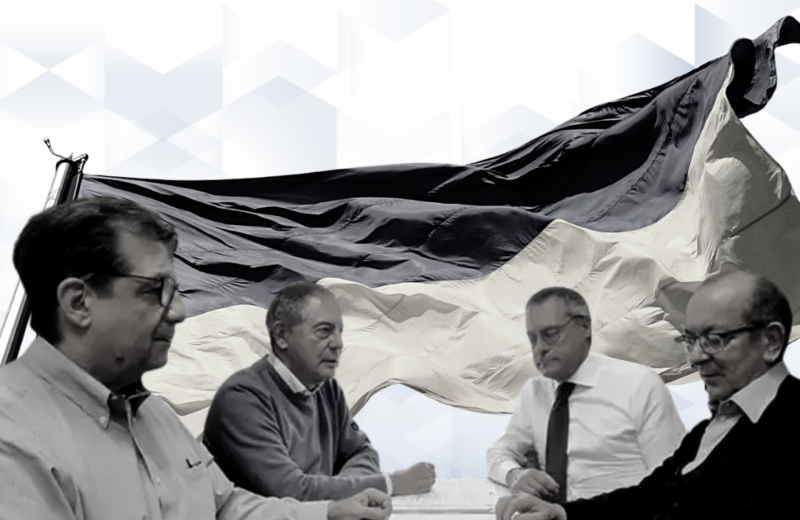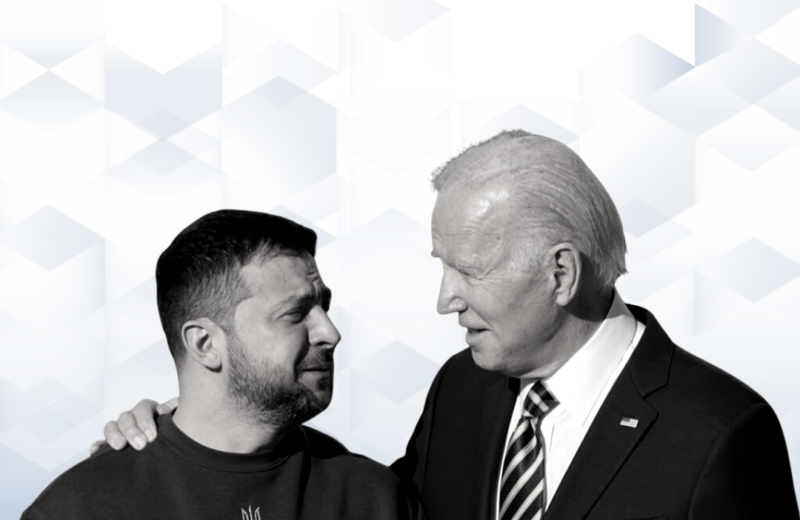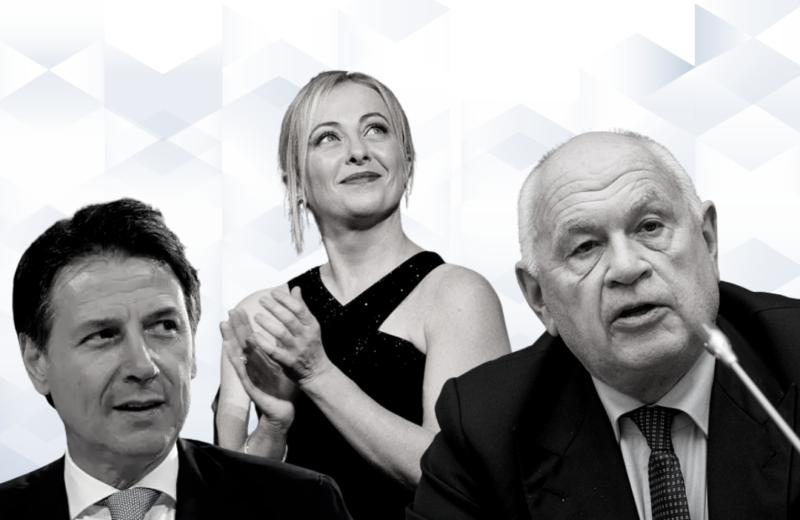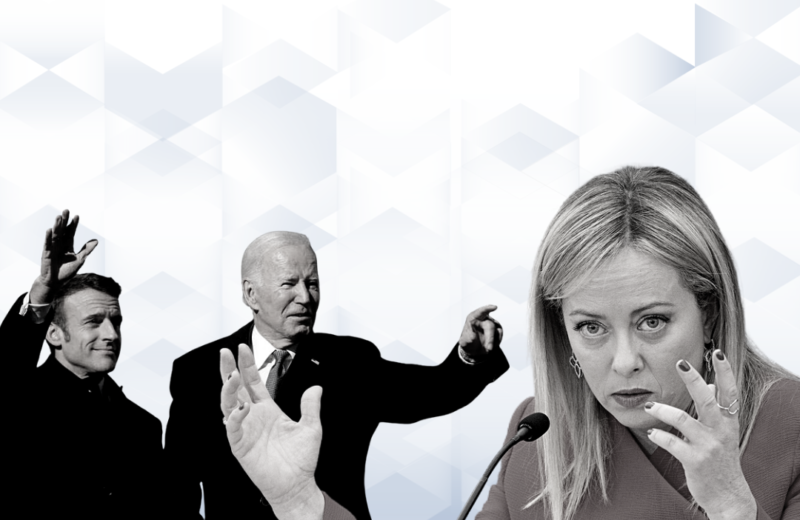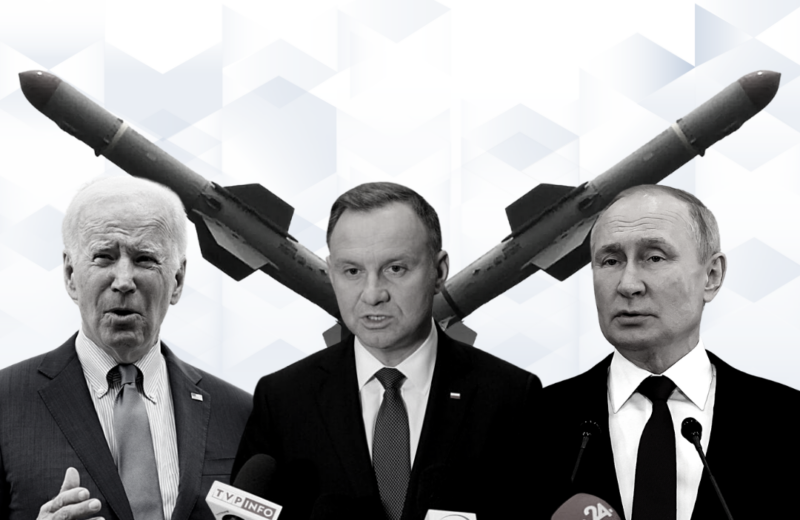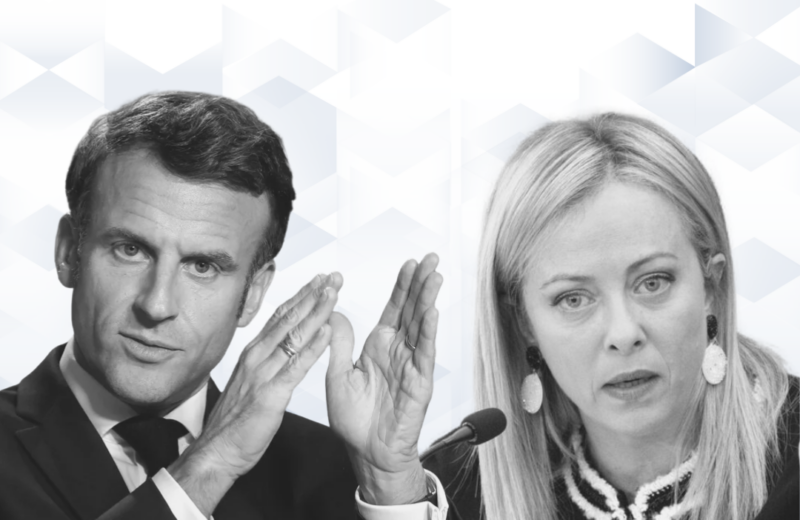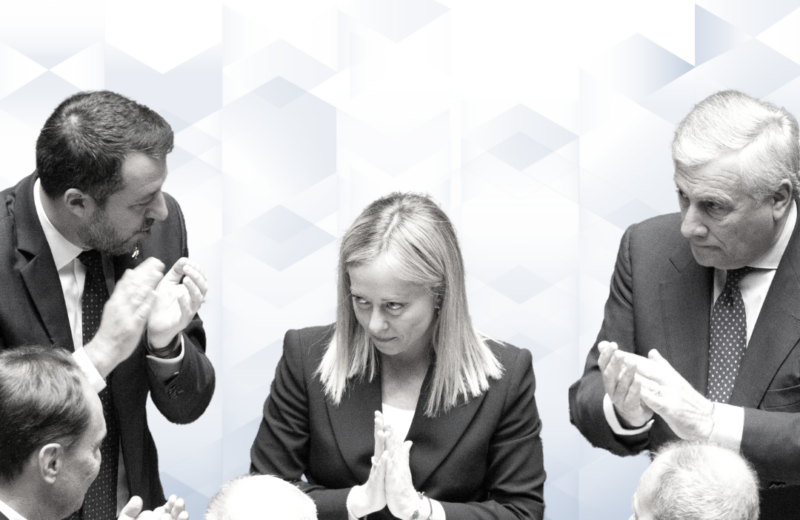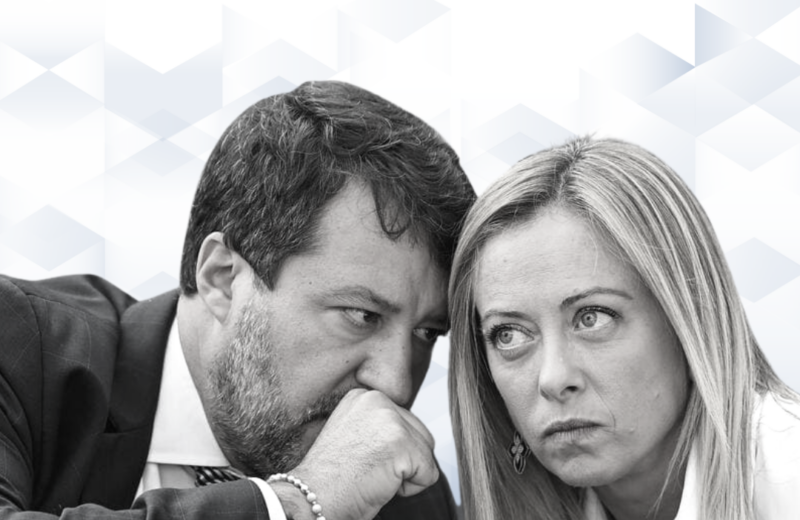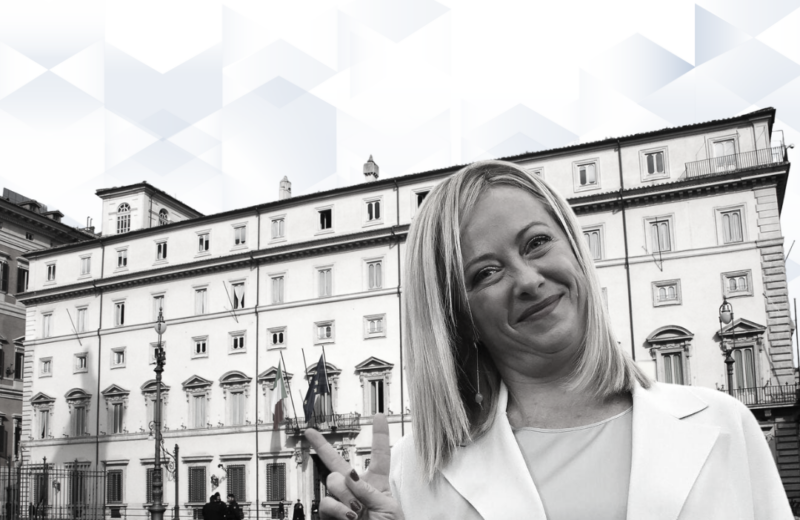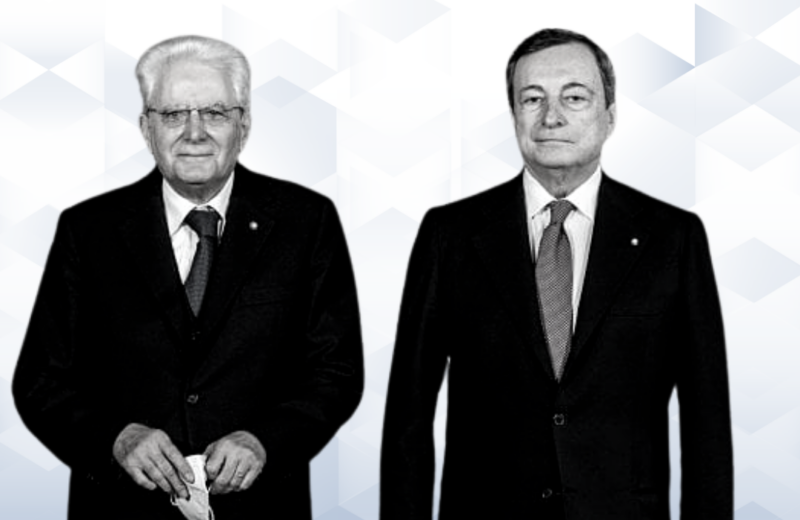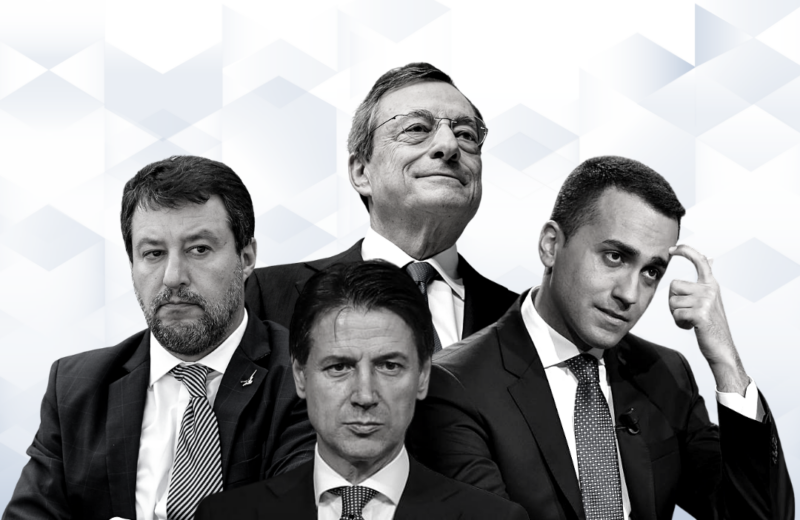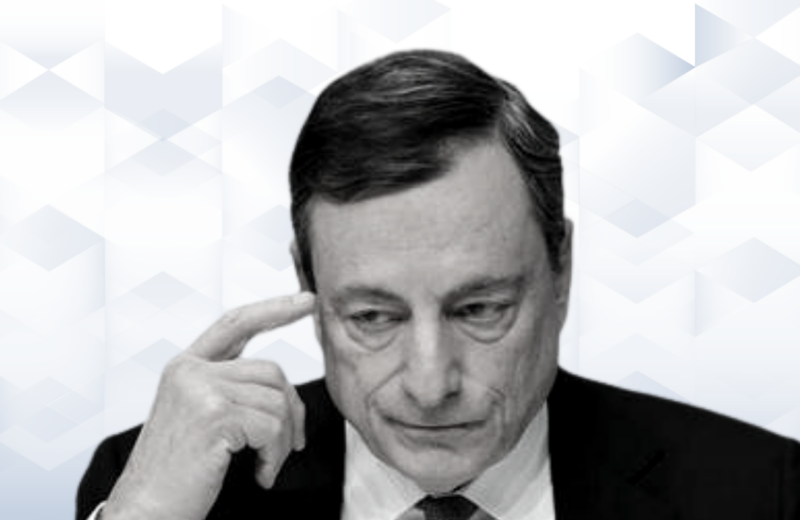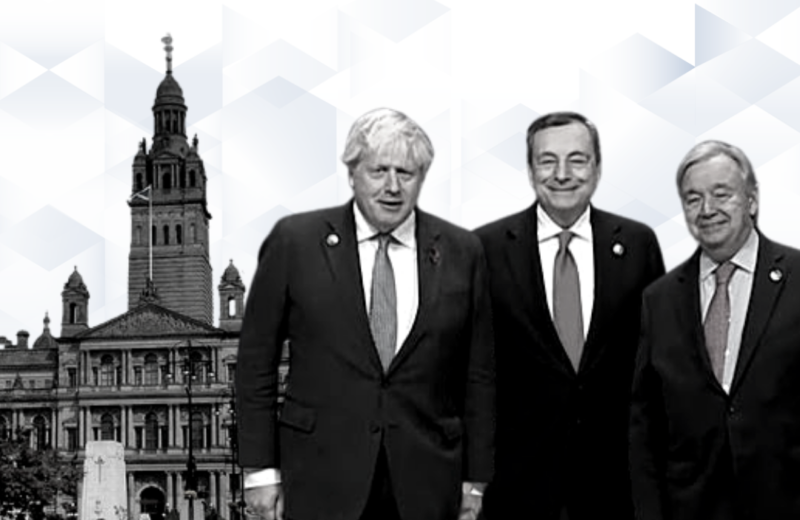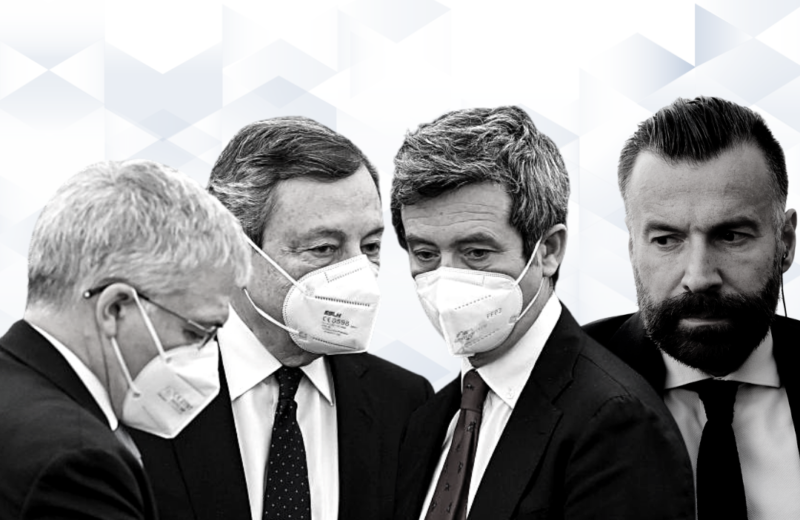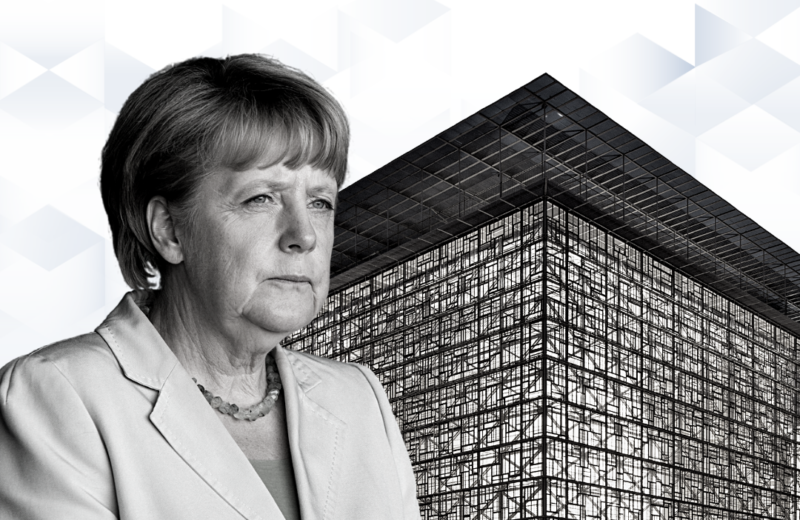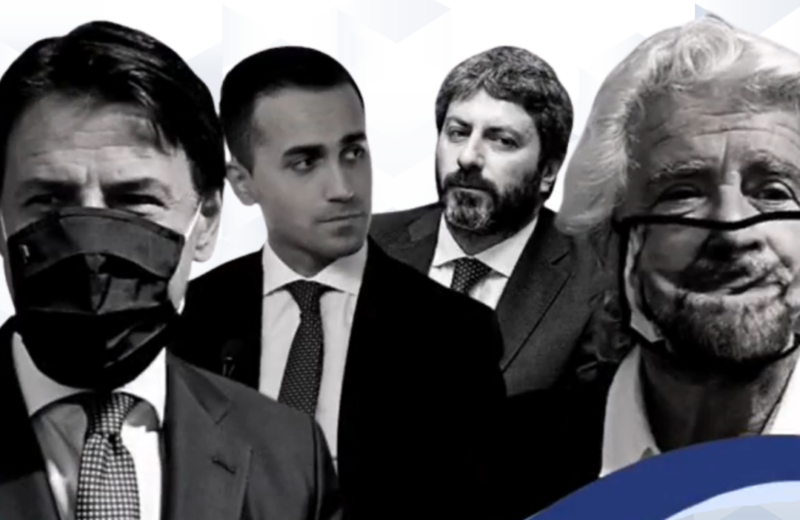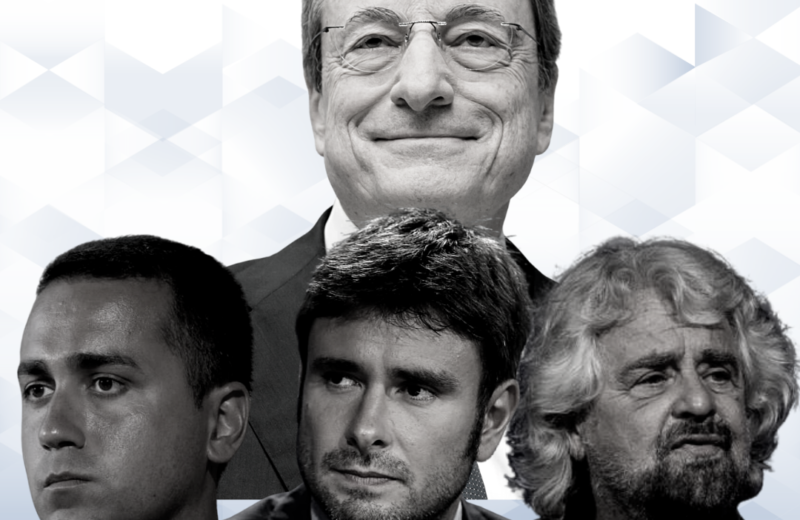The battlegrounds between right and left
A new April 25th is accompanied, as usual, by the usual controversies, this time sparked by the Scurati case, which has been dominating the headlines for days, without managing to make room for very important news on both domestic and foreign policy fronts. The week, in fact, opened with the overwhelming electoral victory of the center-right in Basilicata, which confirmed on one hand the trend of growing support for the center-right, despite a vertical decline of the Lega, in contrast to Forza Italia, which is rapidly growing; on the other hand, the weaknesses of the broad left-wing coalition, where the dispute between the Democratic Party (Pd) and the Five Star Movement (Cinque Stelle) is undoubtedly a weak point.
Another paragraph of the political chronicle of the week was written at the European Parliament in Strasbourg, where the Stability Pact was voted on, without Italy’s adherence. This is a rather striking fact, which compromises Italy’s ambivalent international stance, as in recent months it had approved the legislation.
Among the points approved in the new Stability Pact is the obligation for countries with a public debt exceeding 60% to present a reduction plan within 4 years. Europe grants an extension to 7 years but only in exchange for specific reforms and investments. Countries with excessive debt will be required to reduce it on average by 1% per year if their debt exceeds 90% of GDP, and by 0.5% per year on average if it is between 60% and 90%. If a country’s deficit exceeds 3% of GDP, it should be reduced during periods of growth to reach 1.5%.
The European Council must now give its formal approval to the measures. Once adopted, they will enter into force 20 days after publication in the Official Journal of the EU. Member States must submit their first national plans by September 20th. But why did Italy abstain? The abstention of the Italian government majority is based on a series of considerations related to the criticisms and is a choice that was already looming on the horizon since April 12th, at the Ecofin. On that occasion, Economy Minister Giorgetti explained that “we would have voted for the Commission’s proposal. Unfortunately, the vast majority of countries would not have voted for it. And therefore, as is known, in these forums one must reason in terms of compromises.” He then added, “there are high compromises and low compromises, but unfortunately the Commission’s proposal did not have consensus and majority to pass.” Procedural issues, therefore. While the Democratic Party, which with its abstention effectively disavowed the work of Paolo Gentiloni, who proposed the pact, stated through its secretary Elly Schlein that “this is not the Pact presented by the Commission, as it would have been heavily modified by the States during the Council.” Gentiloni hit the nail on the head: “I imagine there are reasons of domestic politics. For a day we united Italian politics.”
The third important event of the week was the vote of the US Congress that unlocked, after months of deadlock, a package of international aid and other measures. The measures include 95 billion in aid for Ukraine (over 60), Israel (26, nine of which for humanitarian aid) and Taiwan and the Indo-Pacific (8.1), proposed in November by the Biden Administration and held back by Republican opposition. And the Pentagon has already begun to accelerate the shipments of materials to Ukraine: there are no details, but several media sources indicate ammunition for artillery and anti-aircraft defense systems, including Patriots. On the long-range Atacms missiles, there is a clause that allows the president to exclude them if he believes they could “damage American national interests.” In short, the real news is that the war in Ukraine continues and with greater force. And in Europe there are already those, like Italian President Sergio Mattarella, who are putting back on the table the need to structure a common defense system. A topic that could probably enter the electoral debate in view of the European elections.





